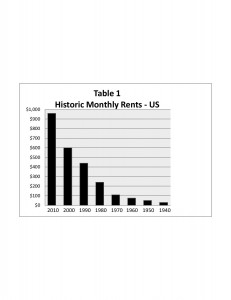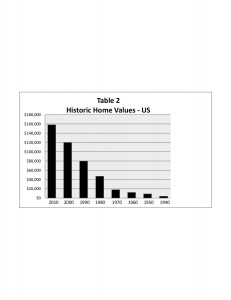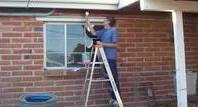As we operate our fixer upper and rental house businesses, its always good to do things that contribute to our positive attitude and keep our spirits up.
My wife and I were watching the movie the “Peaceful Warrior” Saturday night, and I was really inspired by the movie.
In a nutshell, one night when a gymnast, Dan Millman, cannot sleep he wanders in to a service station and meets a mysterious man. Dan injures his leg in an automobile accident and the mystic helps the gymnast to overcome incredible odds and tap into new worlds of strength and understanding. Here’s one of my favorite scenes as Socrates teaches Dan a valuable lesson.
Dan Millman: Life has just three rules?
Socrates: And you already know them…
Dan: Paradox, humor, and change.
Socrates: Paradox…
Dan: Life is a mystery. Don’t waste time trying to figure it out.
Socrates: Humor…
Dan: Keep a sense of humor, especially about yourself. It is a strength beyond all measure.
Socrates: Change…
Dan: Know that nothing stays the same.
At the end of the film, Dan is trying out for the Olympics, after making a startling comeback from his accident. A teammate asks him if can share some tip that he has learned from his training with Socrates to help him do his routine. Dan tells him to get rid of the garbage in his mind, to just forget about winning and his parent’s expectations, and to just focus on the routine.
But, the teammate just doesn’t get it. He replies that he has to win the gold medal, and everyone is counting on him to win. If he loses, he will let himself, and everyone else down, and he’ll never be happy.
What’s really interesting is the expression on Dan’s face as he listens to his teammate, and his realization that he used to think exactly the same way.
How this relates to fixer-upper houses
The movie made me think about how the fixer-upper business is like being a peaceful warrior. The Peaceful Warrior said, “Service to others is the highest good.”
I don’t think its stretching things too far to say that we provide a service. We purchase properties that are worn out and shunned by society. We rehabilitate the houses, make them presentable again, and provide a nice place for people to live in.
Related Posts













